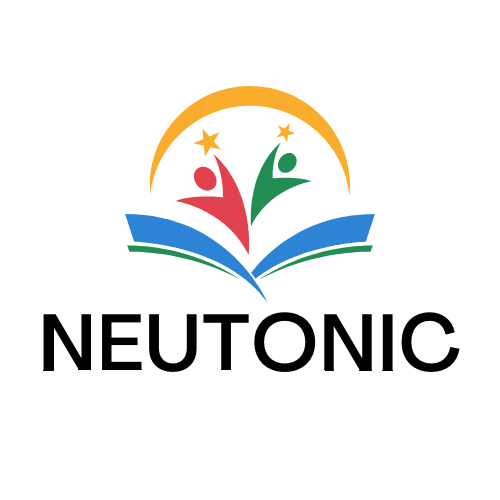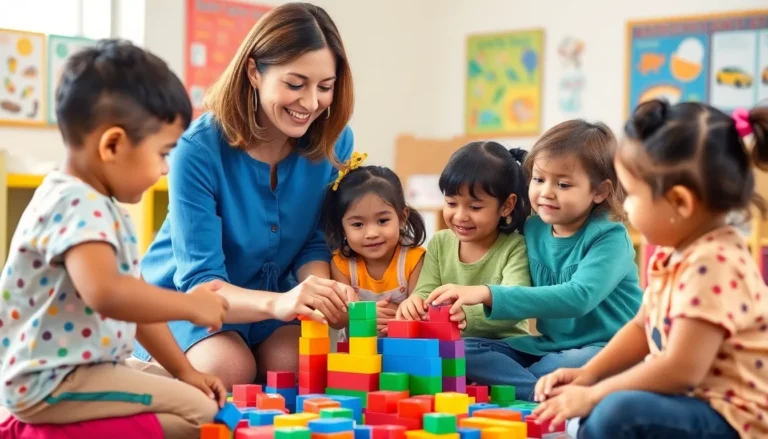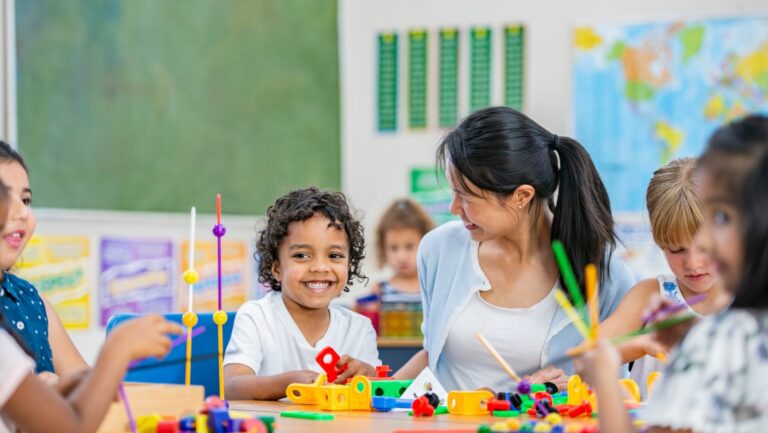Selecting the right childcare for your child is one of the most important decisions a parent or caregiver can make. Early childhood is a critical period for brain development and lays the foundation for lifelong learning and success. Therefore, choosing a childcare environment that not only provides safe supervision but also actively supports early learning is essential.
In this article, we’ll explore why early learning matters, what qualities to look for in childcare settings, and practical tips to help you choose a childcare provider that nurtures your child’s growth and development.
Why Early Learning in Childcare Matters
Research consistently shows that the early years—from birth to around age five—are a time of rapid brain development. During this period, children develop language skills, social-emotional abilities, motor coordination, and cognitive foundations that influence their future academic and social success.
Quality early learning experiences can:
- Boost cognitive development: Engaging in age-appropriate activities helps children develop critical thinking, problem-solving, and language skills.
- Promote social skills: Interacting with peers and caregivers fosters emotional regulation, cooperation, and empathy.
- Build self-confidence: Positive reinforcement and opportunities for independence encourage children to explore and learn.
- Prepare for school: Early learning supports literacy and numeracy readiness, helping children transition smoothly into formal education.
Childcare that supports early learning goes beyond basic care—it provides intentional learning opportunities that stimulate curiosity, creativity, and growth.
What to Look for in a Childcare That Supports Early Learning
When searching for childcare, there are several key factors and qualities that indicate a strong early learning environment.
1. Qualified and Caring Educators
The staff’s qualifications and approach make a huge difference in your child’s experience. Look for caregivers and teachers who have:
- Early childhood education training or certifications
- A passion for working with young children
- A nurturing, patient, and responsive style
Educators should understand child development stages and be able to tailor activities to meet individual needs. They should also encourage positive behavior and help children develop social and emotional skills. Choosing a trustworthy childcare means finding educators who not only have the right qualifications but also demonstrate genuine care and reliability, giving you peace of mind about your child’s well-being.
2. A Developmentally Appropriate Curriculum
Quality childcare centers implement a curriculum designed specifically for early learners. This curriculum should:
- Be based on recognized early childhood education standards or frameworks
- Include a balance of structured and free-play activities
- Promote all areas of development: cognitive, physical, social, emotional, and language
- Be adaptable to different ages and learning styles

For example, children should have access to hands-on activities like building blocks, arts and crafts, storytime, music, and outdoor play.
3. Safe and Stimulating Environment
The physical environment plays a critical role in early learning. Choose a childcare center that offers:
- Clean, well-maintained facilities with child-safe equipment
- Designated learning areas for different types of play (e.g., quiet reading corner, active play space)
- Age-appropriate toys and materials that encourage exploration
- Outdoor play areas to support gross motor skills and connection with nature
A stimulating environment invites children to discover, experiment, and learn through play.
4. Low Child-to-Staff Ratios
Lower ratios ensure each child receives adequate attention and support. This is especially important in early learning, as young children need more individualized guidance.
Ideal ratios vary by age but generally:
- Infants: 3-4 children per adult
- Toddlers: 6-8 children per adult
- Preschoolers: 10-12 children per adult
When visiting centers, ask about their ratios and observe how staff interact with children.
5. Communication and Family Engagement
A childcare provider that supports early learning will involve families as partners. They should:
- Provide regular updates about your child’s progress and daily activities
- Welcome parent input and questions
- Offer opportunities for family involvement or education workshops
- Share resources to continue learning at home
Open communication ensures consistency and reinforces the child’s learning experience.
6. Support for Individual Needs and Inclusion
Every child learns differently and may have unique needs. Quality childcare:
- Recognizes and respects diverse cultural backgrounds and languages
- Provides support for children with special needs or developmental delays
- Creates an inclusive environment where all children feel valued and supported
This promotes positive self-esteem and social development.
Questions to Ask When Choosing a Childcare
To evaluate potential childcare providers, consider asking:
- What qualifications do your educators have?
- How do you design your curriculum and daily activities?
- What is the child-to-staff ratio in my child’s age group?
- How do you support children’s social and emotional development?
- Can you describe how you handle discipline and behavioral challenges?
- How do you involve families in the learning process?
- What safety measures and health policies are in place?
- How do you accommodate children with special needs or diverse backgrounds?
- Can I visit during the day and observe the routines and interactions?

Visiting and observing the childcare environment is crucial. Trust your instincts about the atmosphere and how your child might feel there.
Signs of a Childcare That Supports Early Learning
When you visit, watch for these positive signs:
- Children appear happy, engaged, and comfortable
- Educators interact warmly and attentively with children
- Activities seem purposeful and developmentally appropriate
- The environment is organized, clean, and inviting
- Staff encourage children’s independence and creativity
- There is a visible emphasis on play as a learning tool
- Families seem welcomed and well-informed
The Role of Play in Early Learning
Play is the natural way children learn about the world. It develops language, social skills, motor abilities, and creativity. Childcare that supports early learning embraces play-based learning, where play is not just recreation but a vital teaching method.
Look for settings that provide:
- Open-ended toys (blocks, art supplies)
- Opportunities for imaginative play (dress-up, role-play)
- Sensory activities (sand, water, textures)
- Group games that foster cooperation and communication
Play should be guided but also child-led to nurture curiosity and joy.
Supporting Early Learning at Home
Choosing the right childcare is one step, but learning continues at home. You can support your child’s early development by:
- Reading together daily
- Encouraging exploration and asking open-ended questions
- Playing interactive games that build skills
- Providing a consistent routine
- Showing affection and responding to your child’s needs
Ask your childcare provider for suggestions to reinforce learning between visits.
Final Thoughts
Choosing a childcare that supports early learning requires careful consideration, research, and observation. The right environment will nurture your child’s intellectual, social, and emotional growth during these formative years.
By prioritizing qualified educators, a developmentally appropriate curriculum, a safe and stimulating environment, low ratios, and family engagement, you can find a childcare setting that fosters a love of learning and prepares your child for success in school and beyond.
Remember, early learning is not just about academics—it’s about helping your child become a confident, curious, and happy learner.





